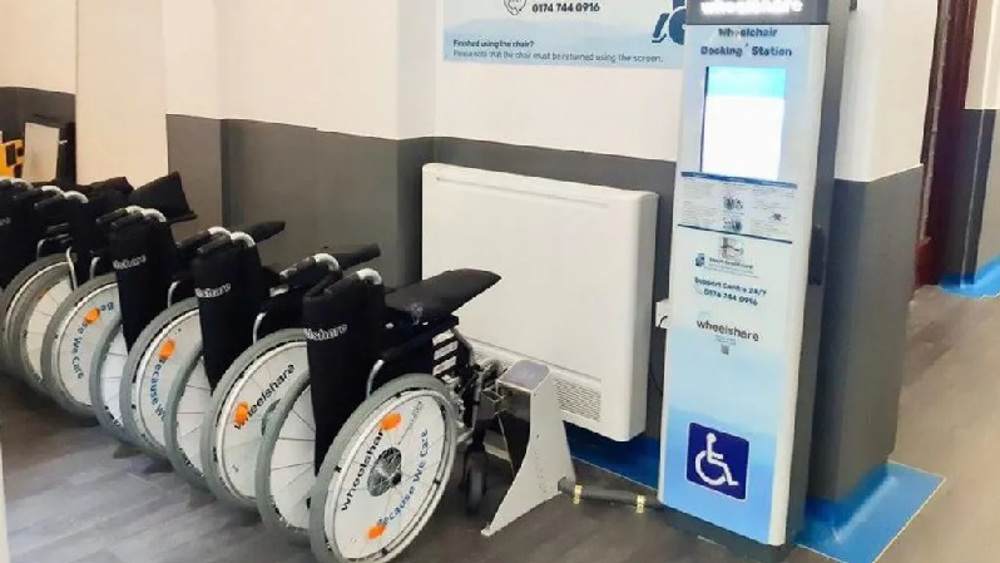IFS: Income disparity between UK's rich and poor families doubled
A new research reveals a widening adult pay gap between those born into Britain's wealthier families and those from less well-off parents.
The Institute for Fiscal Studies (IFS) estimated that in 2012 a middle-aged man whose parents were among the richest fifth of households earned an average of 88 percent more than those from the poorest families.
However, in 2000 the equivalent gap was just 47 percent.
“As well as having higher earnings, those from richer families are more likely to be in work, more likely to have a partner and more likely to have a higher-earning partner than those from less well-off backgrounds. And all these inequalities have been widening over time,” said Chris Belfield of the IFS.
There have been concerns regarding the dwindling social mobility in the UK, yet the new data will only exacerbate the issue and fuel the debate about income and wealth inequality within and between generations.
In 2016, when Theresa May became Prime Minister she vowed to fight the “burning injustice” of modern Britain. Britain’s opposition Labour party under Jeremy Corbyn, have made reducing inequality a core part of their campaign.
Read more:
Based on a report by the Government’s own Social Mobility Commission in June, two decades of government efforts to improve social mobility had failed to deliver enough on every aspect and that “whole tracts of Britain feel left behind.”
The study further shows an association between inequality and personal relationships, with a third of men born into the poorest fifth of backgrounds living alone, versus only one in seven of men from higher-income families.
The IFS study is based on data from two large surveys of the National Child Development Study, and the British Cohort Study, which began in 1958 and 1970, respectively.
Meanwhile, the government's planned cuts to tax credits over the next three years for Brexit will cause a sharp increase in inequality.
This is while in reality, May’s government has been pushing for a “good deal or no deal” scenario, raising the alarms about a possible “hard Brexit.”
Experts have warned that a hard Brexit, which among other things means losing access to the EU Single Market, would slash the UK financial industry’s revenue by £38 billion.
Read more:
Other recent research has shown that due to rising house prices, there is a growing gap in inequalities in home ownership, with the owner-occupier rate among the young well below those of previous generations.
“The sole force pulling against these moves towards intergenerational inequalities is the progressivity of the tax and welfare systems,” the authors of the IFS report said.
“Taken together, this suggests that a broader policy response is needed that goes above and beyond improving the educational opportunities of deprived system,” they added.
'Hello my enemies': Lebanese journalist on Israeli threats and his resolve to continue
Outrage in France as MP proposes bill to ban criticism of Israel
VIDEO | The strategy of Hezbollah in war
Israeli military withdraws several brigades from southern Lebanon: Report
48-year-old Palestinian man serving 48 life terms completes 22 years in Israeli jails
From MKO to Tondar, how Germany became safe haven for anti-Iran terror groups
Hamas open to any proposal aiming to end Gaza war: Hamdan
Role of private sector in Iran’s thriving space industry













 This makes it easy to access the Press TV website
This makes it easy to access the Press TV website